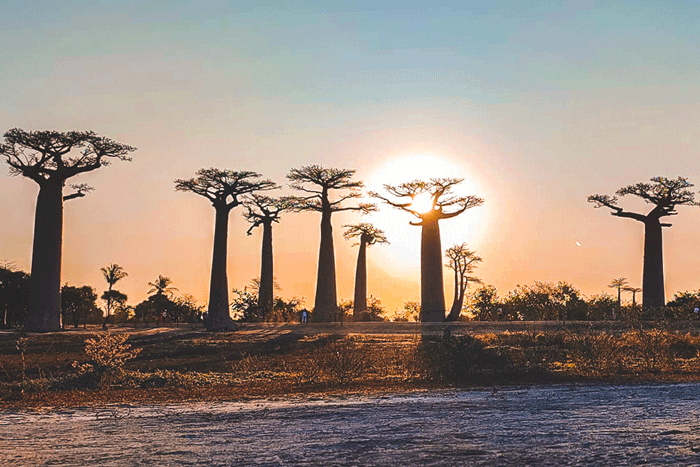Supporting conservation
Although Madagascar is renowned for its exceptional biodiversity, with a large majority of endemic species found nowhere else on Earth, the island faces multiple environmental threats to its flora and fauna. These risks are increasing day by day without effective protective measures. This is why we are calling on you, dear travellers, to join us in this effort to protect and conserve Madagascar’s flora and fauna.
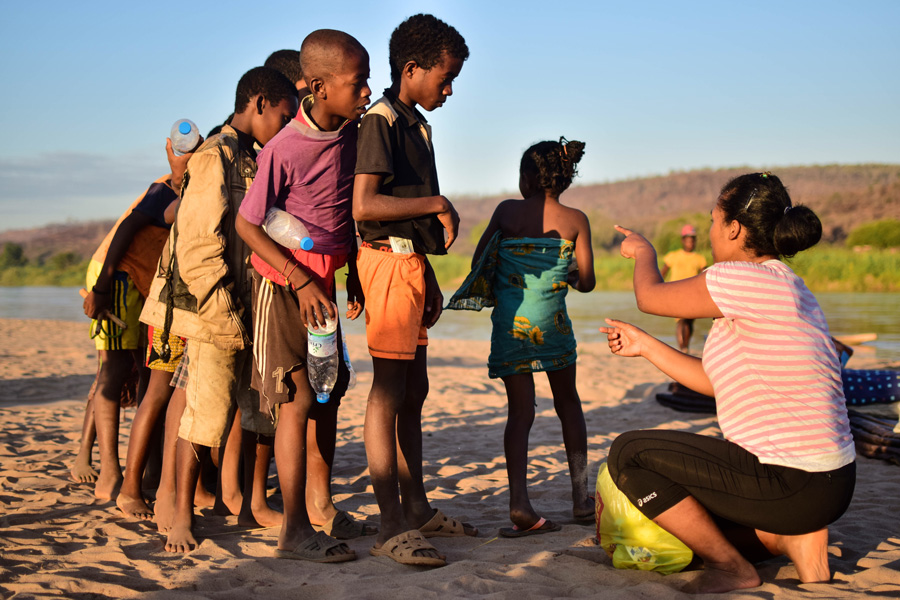
Deforestation and habitat loss
Deforestation is a major concern in Madagascar, with only 10% of the original forest area remaining. The destruction of tropical forests, mainly in the east and north-west of the island, has led to the disappearance of many natural habitats. The causes of this deforestation include slash-and-burn agriculture, known as “tavy”, the expansion of agricultural land, charcoal production and the illegal exploitation of precious woods such as rosewood and ebony. We need to take action on reforestation practices and protect the remaining green spaces.
Wildlife trafficking
Wildlife trafficking is a serious problem in Madagascar. Many species, such as tortoises, sharks, sea cucumbers and seahorses, are victims of illegal trade. In addition, due to a lack of knowledge and awareness, rare lemur species such as the aye-aye, a species of nocturnal lemur, are illegally killed by local people who believe they bring bad luck and attract evil spirits. These practices threaten not only the island’s biodiversity but also its marine and terrestrial ecosystems.
Pollution and Waste Management
Waste management is poor in Madagascar, leading to an accumulation of waste in the environment and in unauthorised dumps. Plastic pollution in marine areas is a particular cause for concern, with disastrous consequences for marine fauna and ecosystems.
Climate change
Climate change is exacerbating environmental problems in Madagascar, causing an increase in violent cyclones, forest fires and a reduction in biodiversity. Despite its small contribution to global warming, Madagascar is feeling its effects strongly. At present, the Malagasy high plateaux are experiencing a delay in the arrival of rain, with serious consequences for agriculture and seasonal cycles.
Solutions and Conservation
Measures are being taken to protect Madagascar's biodiversity, notably through the creation of national parks and nature reserves. International support and community conservation initiatives play a crucial role in preserving these environments.
Awareness-raising and education on the importance of conservation are essential to involve the local population and visitors in protecting this natural heritage.
For travellers wishing to support conservation in Madagascar, responsible tourism is essential. We invite you to choose ecolodges or hotels that promote sustainable development, participate in guided ecotourism tours, meet local people to learn about their skills and traditions, and engage in activities that support conservation and community development.
By being aware of these challenges and acting responsibly, we can all help to safeguard Madagascar's biodiversity for future generations.
Need assistance?
Do not hesitate to contact our Madagascar specialists
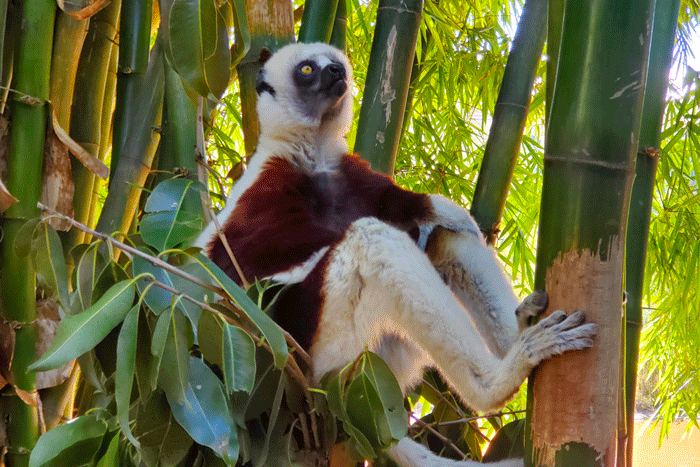
Lemurs Meeting
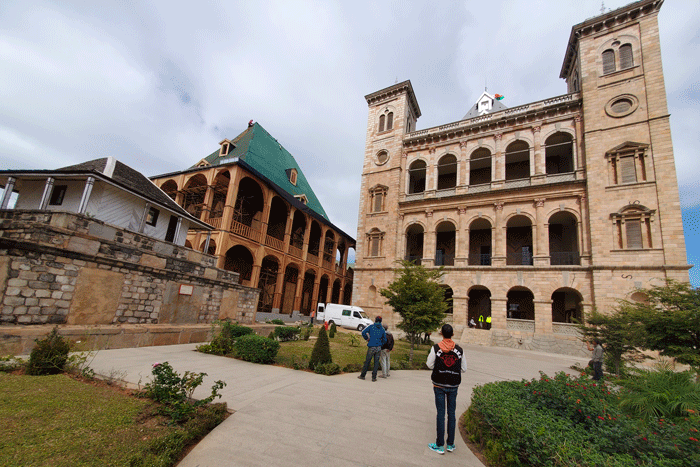
Antananarivo day tour
Other travel guides that may help you
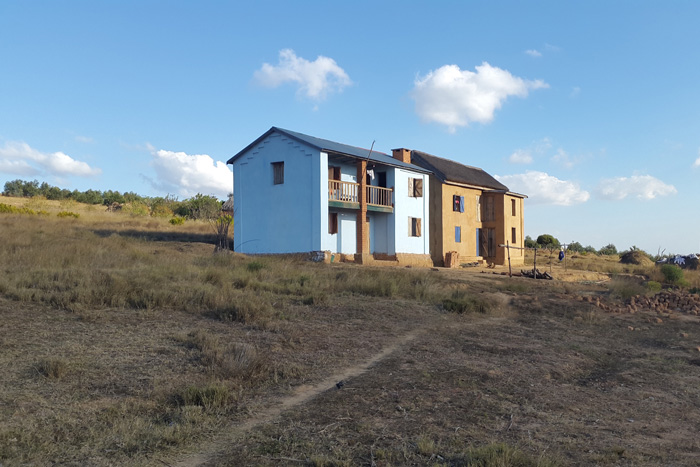
Accommodation in Madagascar
Madagascar has a wide range of accommodation to cater for all tastes.
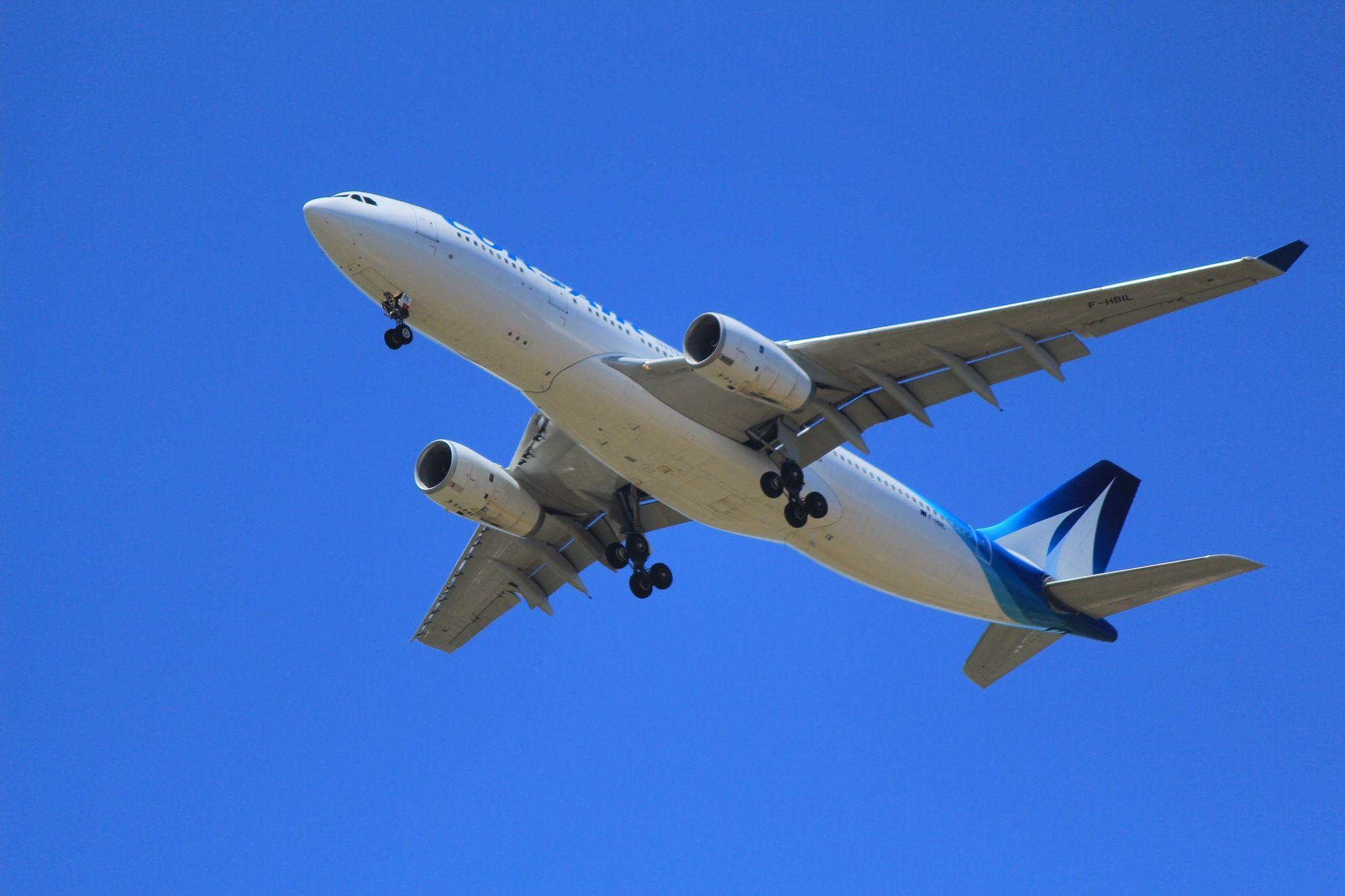
Entry formalities
To enter Madagascar, certain formalities are required for all types of traveller.
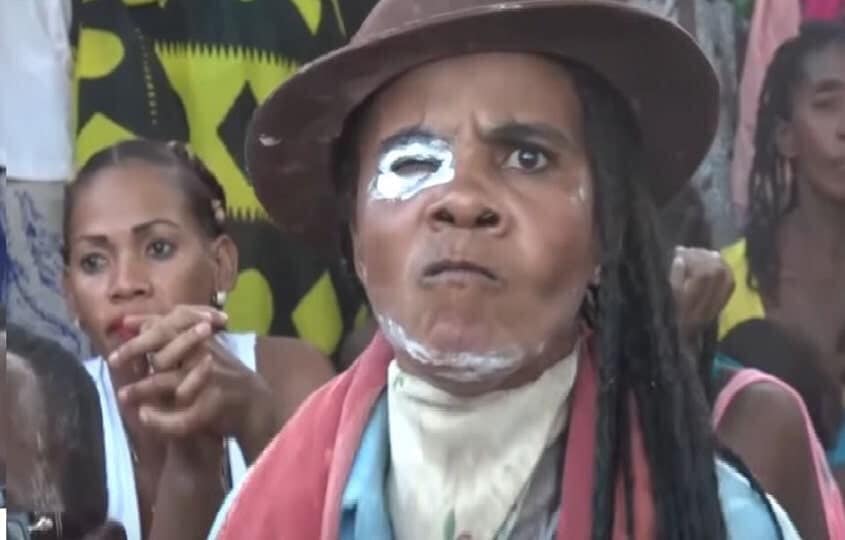
The Tromba ceremony
A popular traditional custom and ritual still practised in Madagascar today, especially in the north-west and south.

